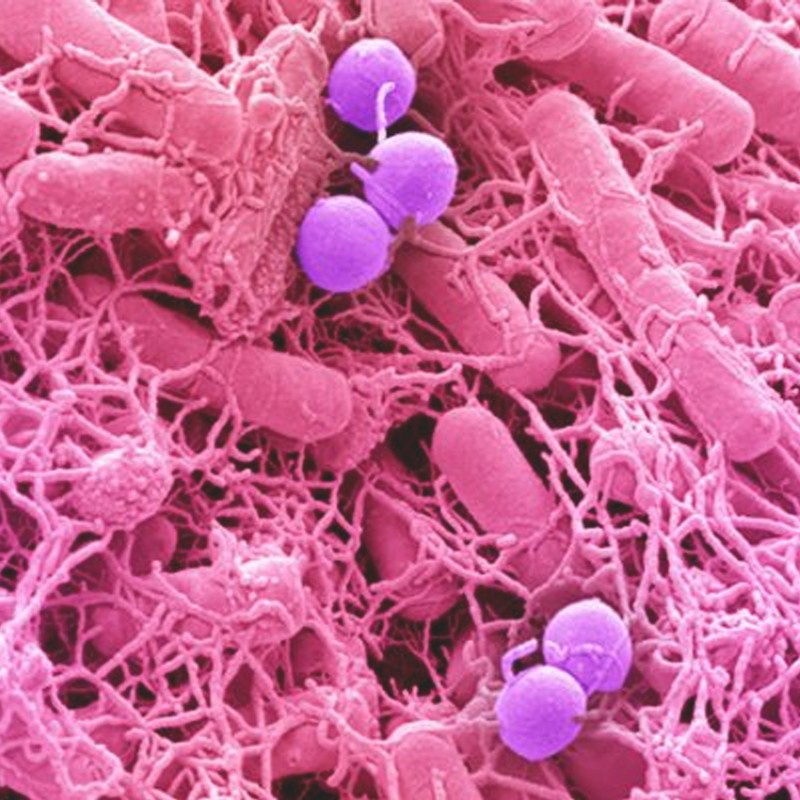What You Need To Know About Bowel Cancer
What are the symptoms?
The three main symptoms of bowel cancer are listed below – they can be debilitating but also very subtle in some cases, and won’t necessarily make you feel ill:
Persistent blood in your stools: This either occurs for no obvious reason or will be associated with a change in your bowel habits.
Persistent change in your bowel habits: This usually means needing to go to the toilet more often, and having looser stools than usual.
Persistent lower abdominal pain, bloating or discomfort: This will always caused by eating and may be associated with loss of appetite or significant unintentional weight loss.
When should you seek medical advice?
The symptoms of bowel cancer are also linked with a number of other very common conditions, so most people who suffer from them don’t have cancer. The NHS recommend waiting for a short time to see if they get better as the symptoms of bowel cancer are persistent.
If you're unsure whether to see your GP, try the NHS bowel cancer symptom checker. This online tool gives advice on what you can try to see if your symptoms improve on their own, and when you should seek medical advice to discuss if tests are necessary.
If you’re being treated for another condition, make sure you see your doctor if your symptoms persist or keep coming back after stopping treatment, regardless of their severity.
How is bowel cancer diagnosed?
At your first GP appointment, your doctor may decide to do the following:
- Carry out a simple examination of your stomach and back passage to check for lumps.
- Arrange for a standard blood test to check for iron deficiency anaemia, which can indicate whether there's any bleeding from your bowel that you’re unaware of.
- Arrange for you to have a simple test in hospital, such as a colonoscopy, to check whether there’s a serious cause of your symptoms.
And how is it treated?
Bowel cancer can be treated using a combination of different treatments, depending on where the cancer is in the bowel and how far it’s spread. As with most types of cancer, the chance of a complete cure depends on how far it’s advanced by the time it's diagnosed.
The most effective way of treating bowel cancer is by surgery, where the cancerous section of bowel is removed. If the cancer is confined to the bowel, surgery is usually able to remove it completely. Keyhole or robotic surgery is being used more often, which allows surgery to be performed with less pain and a quicker recovery.
Chemotherapy, radiotherapy and biological treatments – a newer type of medication that increases the effectiveness of chemotherapy and prevents the cancer spreading – are also options.
What causes bowel cancer?
We currently don’t know exactly what causes the disease, but there are a number of things proven to increase your risk. These include:
Age: Almost 90% of bowel cancer cases occur in people aged 60 or over.
Diet: A diet high in red or processed meats and low in fibre can increase your risk.
Weight: Bowel cancer is more common in people who are overweight or obese.
Exercise: Being inactive increases your chances of getting bowel cancer.
Alcohol & smoking: A high alcohol intake and smoking may increase your risk.
Family history: Having an immediate relative who’s developed bowel cancer under the age of 50 puts you at a greater lifetime risk of developing the condition; screening is offered to people in this situation, and you should discuss this with your GP.
Other conditions: Having diseases such as extensive ulcerative colitis or Crohn's disease in the colon for more than ten years can increase some people’s chances of developing bowel cancer.
Can you prevent it?
Although there are some risks you can't change, such as family history and age, there are several ways you can lower your chances of developing bowel cancer:
- Eating a balanced diet, avoiding processed meats and reducing your red meat intake
- Maintaining a healthy weight
- Stopping smoking
- Cutting down on alcohol
- Getting regular exercise
Taking part in bowel cancer screening also reduces your chances of dying from bowel cancer. All men and women aged 60 to 74 who are registered with an NHS GP are invited to carry out a faecal occult blood (FOB) test every two years – this is a home test kit, used to collect a stool sample. If you're 75 or over, you can ask for this test by calling the freephone helpline on 0800 707 60 60.
An additional one-off test called bowel scope screening is gradually being introduced in England too. This is offered to men and women at the age of 55, and involves a doctor or nurse using a thin, flexible instrument to look inside the lower part of the bowel. Removing any polyps found in bowel scope screening can prevent cancer.
For more information, visit NHS.uk & BowelCancerUK.org.uk
DISCLAIMER: We endeavour to always credit the correct original source of every image we use. If you think a credit may be incorrect, please contact us at info@sheerluxe.com.


